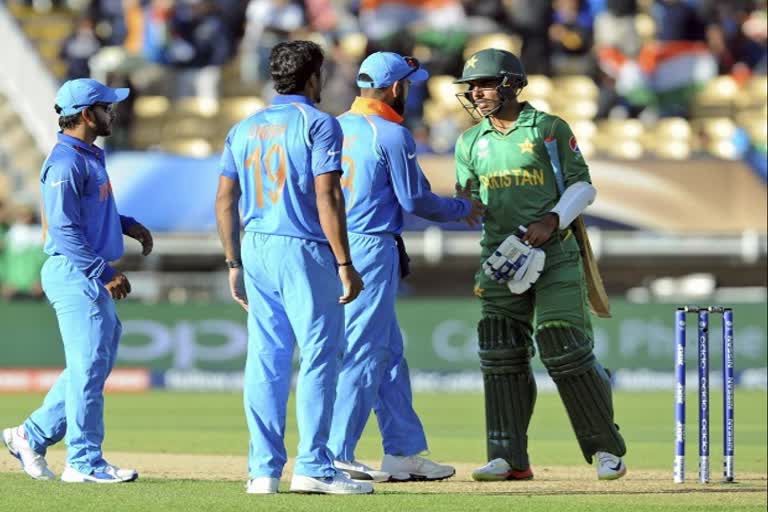Hyderabad: There is fresh talk to renew the India-Pakistan bilateral cricket series. An Urdu daily of Pakistan, 'Jang', reported that Pakistan Cricket Board (PCB) officials are in touch with their Indian counterparts, BCCI, with a hope to resume their historic cricketing ties with India.
Though PCB chairman Ehsan Mani rubbished the Pakistani daily's report, sources at Lahore's Qadafi Stadium did not quash any such effort from PCB's side. India and Pakistan have not played any bilateral series since 2012-2013 when Pakistan toured India for a limited-overs series. Pakistan won the ODI series 2-1 while the T20I series ended in a 1-1 draw. That was the last time both BCCI and PCB agreed for a bilateral series, and incidentally, it was Pakistan's last tour of India.
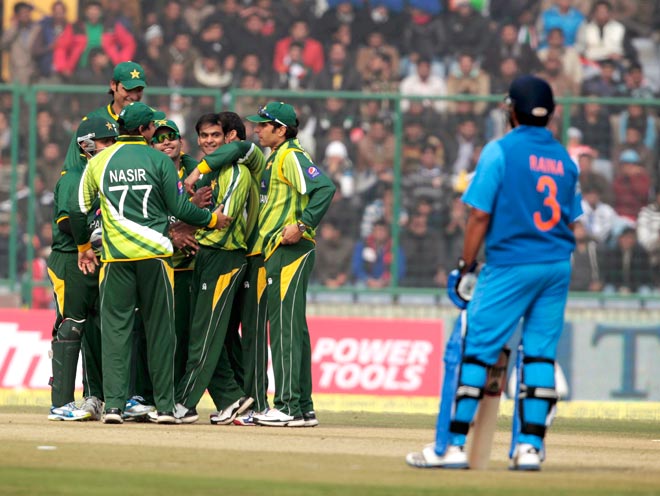
However, India's last tour of Pakistan came way back in 2005 when Rahul Dravid's India won the ODI series 4-1 and Tests 1-0. This tour witnessed Virender Sehwag and Rahul Dravid sharing an epic 410 runs partnership at the Qadafi Stadium to notch the record of the third-highest opening partnership in the history of Test cricket.
Also Read: Amid pitch row, England's dilemma over spin continues
As cricket is the most popular sport in both countries, there has always been a talk in favour of an India-Pakistan series. But whenever such discussion started, the nationalists on either side of the border have outrightly rejected it. The deadly 2008 Mumbai terror attack, which followed a series of ceasefire violations by Pakistan Rangers, the border security force of India's western neighbour, along the Line of Actual Control (LoC), led the Indian government to snap all kinds of ties with Pakistan. The 2019 Pulwama terror attack, which killed 40 CRPF personnel, added extra salt to India's wounds.
In the light of such heinous attacks on India's sovereignty, nationwide anti-Pakistan furore broke out. The Indian government, led by all political parties at different times, decided to restrict diplomatic ties with Pakistan in a bid to build pressure on Islamabad.
Cricket has always been at the forefront of India-Pakistan diplomacy. It is not the first time both the countries not playing bilateral series for a long time. When the Kargil War unfolded in 1999, bilateral cricket had stopped. India, in fact, did not tour Pakistan for 15 years, starting from 1989 to the breakage of the cold relationship in 2004.
When the war was in full swing, as a goodwill gesture then Prime Minister of India Atal Bihari Vajpayee took a brave step to normalise the diplomatic relationship with Pakistan taking a bus ride to Lahore. 1983 World Cup-winning captain Kapil Dev was one of the luminaries on the bus to accompany Vajpayee from Amritsar to Lahore. Although politically both nations were not on the best of terms, Pakistan came in India and won the historic Asian Test Championship series against India in 1999.
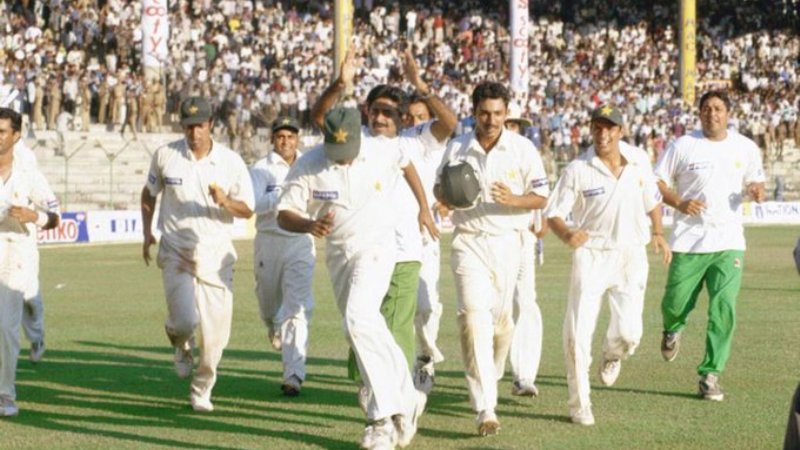
However, it took another four years for India to tour Pakistan in 2004 when the Men in Blue won both the ODI and Test series. Ahead of the ice-breaking tour, Vajpayee had met the Indian team and famously quoted as saying 'win hearts too' in Pakistan. Later, the team manager of that touring Indian side Ratnakar Shetty said that the tour was possible only because of Vajpayee as he wanted a cordial relationship with Pakistan.
"The tour happened just because of Vajpayee. He wanted relations to improve and cricket was a mode of doing that. The BCCI decided to send the team after the approval of the government," Shetty was quoted as saying years later of that historic tour.
Vajpayee's effort did wonders as normalcy returned in the diplomatic discourse. But the relationship was not limited to diplomacy alone. The people-to-people connection had improved a lot, and cricket was the biggest beneficiary of Vajpayee and Nawaz Sharif's newly developed bond.
The movement in the diplomatic route became more frequent, as a result, the bilateral cricket series between India and Pakistan became a regular affair. After India's 2004 tour, Pakistan came to India in 2005 and 2007, while India played them on their soil again in 2006. At this time, the India-Pakistan series became so frequent that people started getting bored. People were probably happy watching India-Pakistan play in the long interval, perhaps in the backdrop of a hostile atmosphere.
As it happened, the deadly 2008 Mumbai terror attack spoiled the plot, which saw the old hostility returning between India and Pakistan. Cricket again became a victim of the political tussle between the two countries. The terrorist-military bond in Pakistan became so strong that they dwarfed the political leaders. They triumphed over Yousaf Raza Gillani's government and managed to ransack public life in both India and Pakistan.
Serial bomb blasts became commonplace. While Mumbai became their biggest target, school children in Peshawar were killed by the jihadists. Cricketers were not spared as well. In March 2009, terrorists opened fire on the Sri Lanka team. This incident had brought cricket to a standstill in Pakistan. It took them eight years to convince Sri Lanka to visit Pakistan again. But the damage was done as it had cost Pakistan the right to be one of the four hosts of the 2011 World Cup.
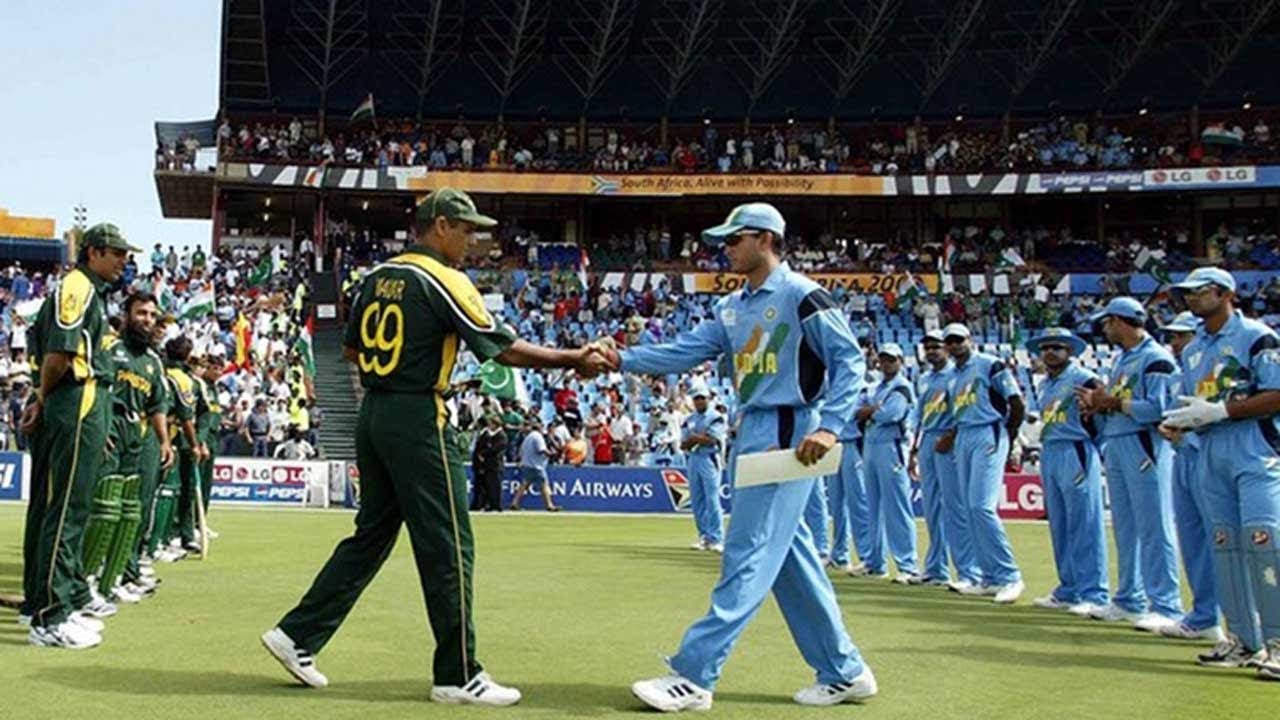
India, in all these years, became a mighty force, while Pakistan, in the backdrop of rampant terrorism and administrative fallout, suffered a sharp decline. The fall of Pakistan cricket has become a major excuse for BCCI not to organise any series with Pakistan. In the meantime, BCCI officials fell deaf to PCB's constant requests to play Pakistan.
The aftermath of the Pulwama terror attack, in fact, saw many Indians vociferously urging BCCI to pull India out of the Pakistan fixture in the 2019 World Cup. Legendary Sunil Gavaskar questioned this nationalism fuelled talk against the India-Pakistan match. He came up with counter questions: why should we gift Pakistan two points? We have a terrific team that is a favourite to win the World Cup, and not playing Pakistan would not only mean forfeiting the league game but also the final or semi-final if we’re drawn against them there. What is this love we feel for Pakistan that we do them such a favour?
At the same time, can we rule out the failure of our intelligence agencies?
Now in the post-corona period, India are one of the best cricket sides in the world with recent overseas wins against Australia, and England at home. While the Indian cricket team continues to surge, Pakistan's decline has become a yearly affair. This might be the reason which creeps into your mind and convinces you that there is no need for India to play Pakistan to assert their ascendency over them.
Also Read: What does this Test series win Down Under mean for India?
But how good that idea would be for cricket? ICC, though, has always voiced hope to take initiative to facilitate an India-Pakistan series, but in reality, it failed to make any decision in the face of BCCI's bullying nature of running cricket. Needless to say, as long as India and Pakistan maintain the 'ceasefire in cricket' that would only present a bad example for cricket.
In its quest to become a global sport, cricket is still struggling. Apart from Commonwealth nations, nobody has taken the game that seriously and now if the game continues to be a sport of a quartet that will put cricket among the endangered sports of the world. Hence, a series between India and Pakistan is as important as the Ashes between England and Australia.
Now, in a positive turn of event, in a historic first, both India and Pakistan agreed to a “strict observance of all agreements, understandings and cease firing along the Line of Control (LoC) and all other sectors” cricket should not be deprived of an India-Pakistan bilateral series. You can say that cricket should not be mixed with politics. But, for the well being of the region cricket should resume.
As Pakistan was the last to tour India, it should be India's turn to tour them. But will Prime Minister Narendra Modi be able to take a bold decision like his predecessor, the late statesman Atal Bihari Vajpayee? Only time will spring a surprise. But Modi being an ardent fan of cricket must do it, let's hope for the best.
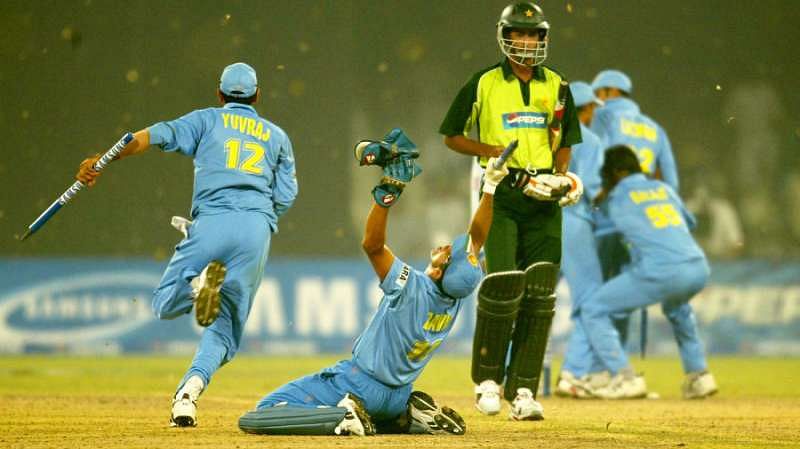
The prosperous Pakistani society, which has been long suffering from terrorism in its own land, is the biggest enemy of this terrorist-military block. India should take the opportunity to empower their confidence.
Pakistan Prime Minister Imran Khan, being the country's World Cup-winning captain should be in a better position to understand the importance of an India-Pakistan series. A series between India-Pakistan would not only mark the beginning of a new era but also bring Pakistani society into good light.
Both Narendra Modi and Imran Khan should come forward to celebrate this ceasefire gifting Pakistanis and Indians a cricket series and letting all bilateral sports activities resume. Politics for the good is always welcome, but if the political authority is being used to muddle sports activities then that is the worst thing for us.
